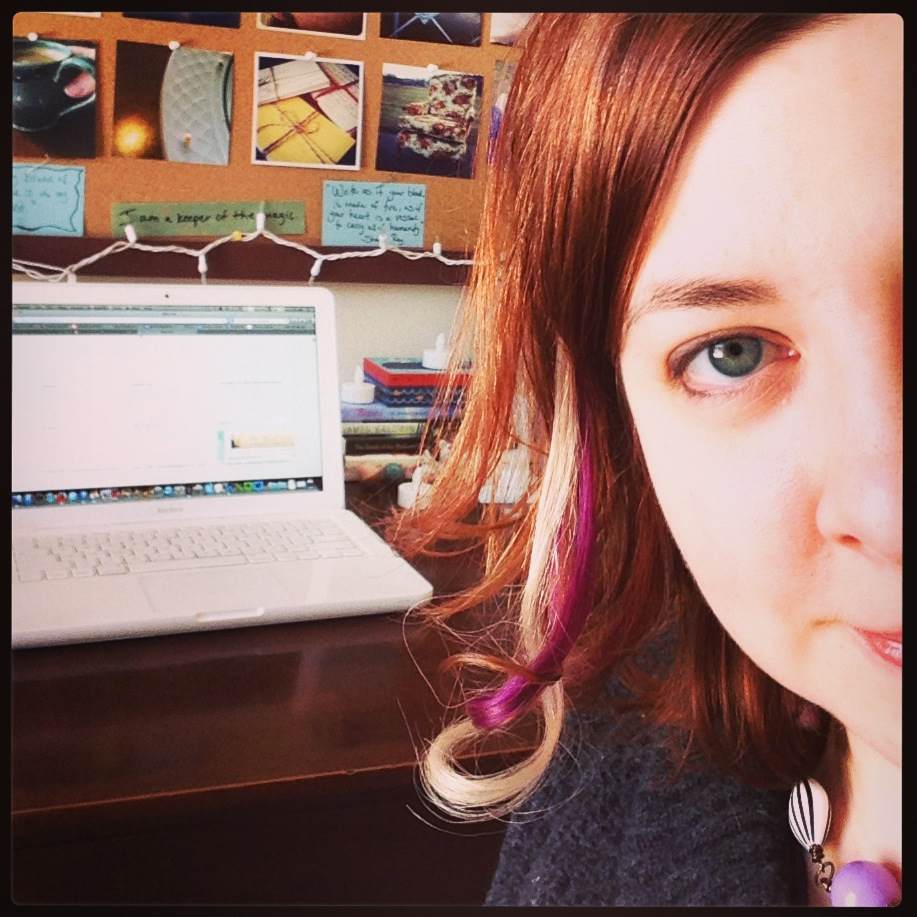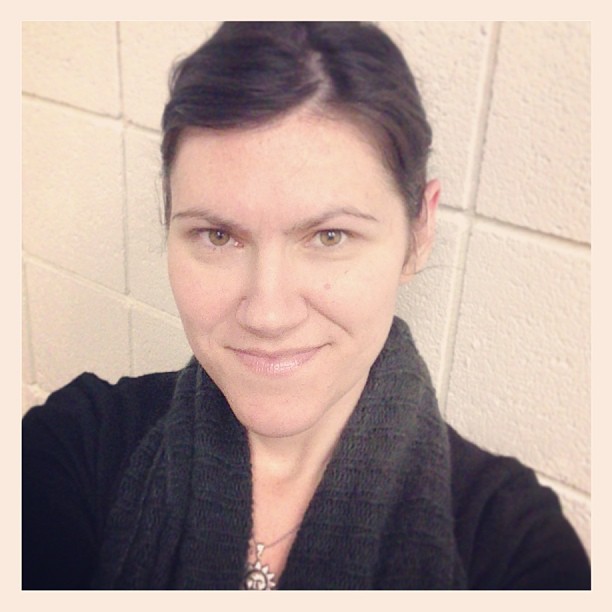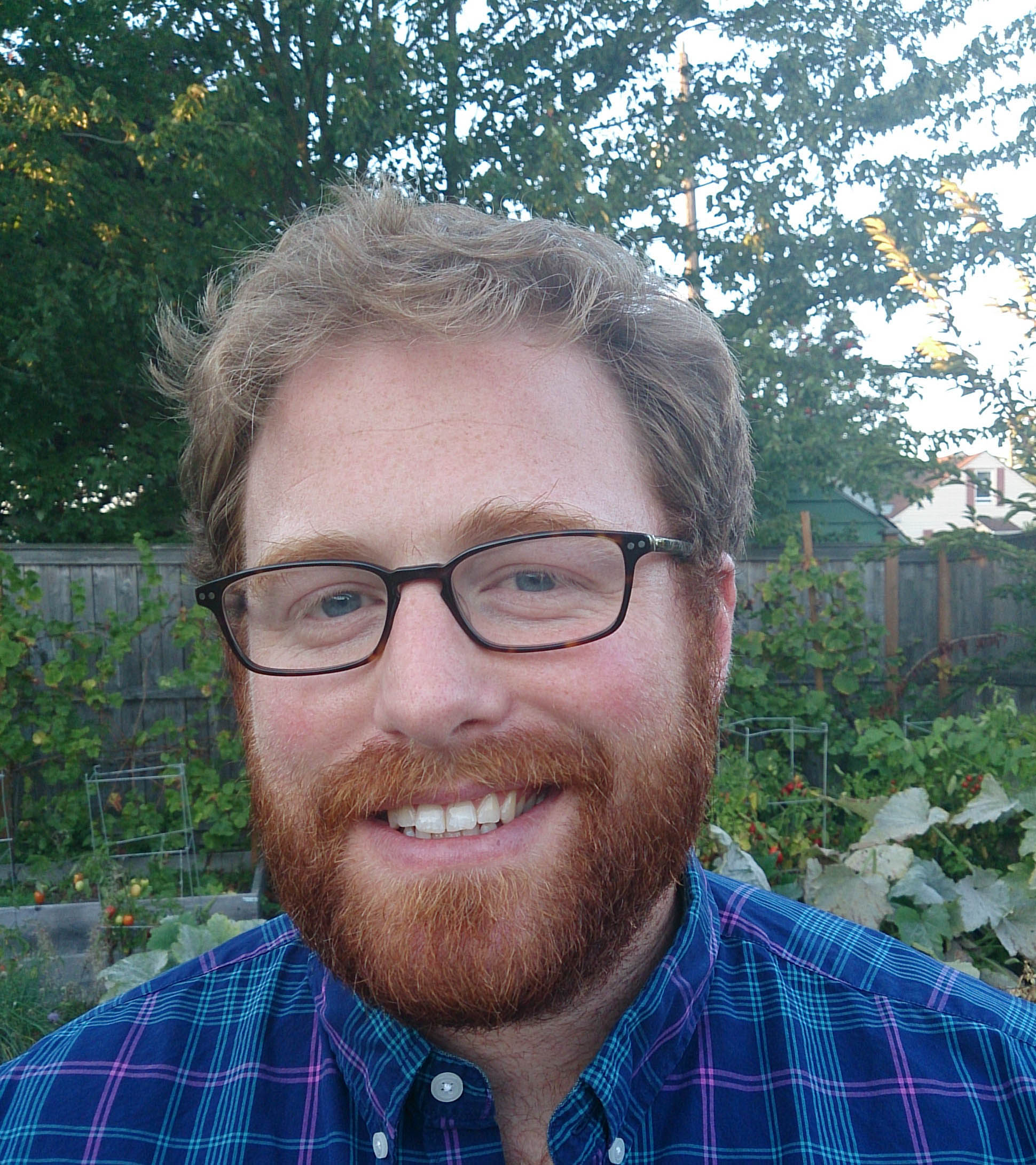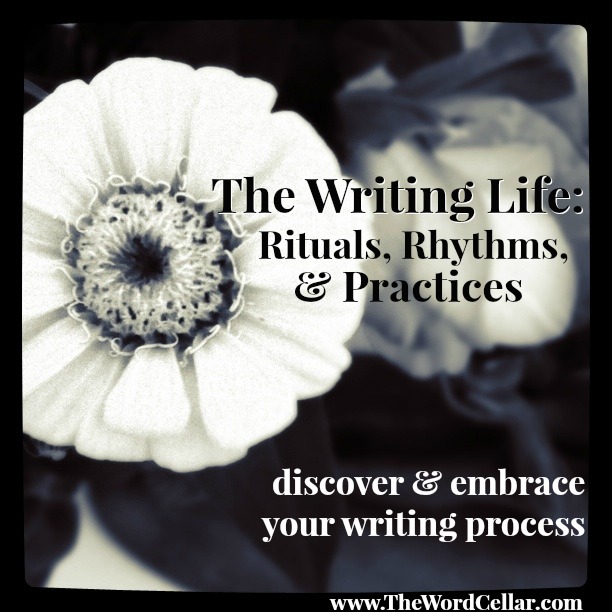Writing Process Redux
 Monday, June 16, 2014 at 7:36PM
Monday, June 16, 2014 at 7:36PM 
A process is a fluid thing, ebbing and flowing like a tide, changing course like a river.
A few months ago, I wrote at length about my writing process as part of a "writing process blog tour" that's been making it's way around the internet. I was originally invited to participate by a friend from grad school. Last week, Meredith Winn, a blogging friend and colleague, invited me again.
Process is a fluid thing, and mine has changed somewhat in the last six months. So I'm answering the same four questions again. Some of the answers are different, some are the same as before. All of them are true — and subject to change.
{psst...If you're interested in exploring and shaping your own writing process, registration for a new session of The Writing Life: Rituals, Rhythms, & Practices has just opened!}
1) What are you working on?
I have several books in various stages of undress in my mind:
- a collection of linked essays called For All We Learned, The Sea, which explores spirituality, landscape, and the longing for home in all its many forms;
- a novel about genetics, geography, and why we love what we love;
- a memoir about the year I lived and worked in a London YMCA;
- a memoir about falling in love with (and having my heart broken by) two men—one who was five years my senior, and one who lived 2,000 years ago;
- a novel about an American named Anna and a Scotsman named Ian (who comes from a sheep farm and is a puppeteer); and
- a middle grade or young adult story about a girl with an English mother, a Japanese father, and bucket loads of moxie, hijinks, and adventures.
I'm always working on other random essays, as well. And if the weather is right, I might write a poem or work on a story to tell on-stage.
I used to suffer from having too few ideas. Having a multitude of options feels like gorgeous creative opulence, but I often get stuck in indecision about what to focus on. Right now, I'm focusing on writing essays (that may or may not be part of For All We Learned, The Sea), plus early research for one of the novels. I'm also looking for and working on freelance writing assignments for magazines and publications. (Being both a freelancer and a creative writer requires some shuffling and hustling.)
2) How does your work differ from others of its genre?
To answer this question, I'll stick with how I approach writing essays and literary nonfiction.
My writing style is different than a lot of personal writing (essays, memoir, etc.). Most of the essays in my collection are not straight narrative. I joke that I write essays in which nothing happens. These pieces are often non-chronological and non-narrative. I think of them as the written equivalents of Polaroids, snippets or vignettes that capture a moment in time, a mood, a thought, a feeling, a question. I also love to braid together disparate elements, to play with structure and form, and to make unexpected connections.
I think my attention to language is a bit unusual compared to some other literary nonfiction writers. Since I often write in a more meditative or lyric style, I'm more concerned with the rhythm and sound of the language than some (though not all) narrative nonfiction writers are. Sometimes I wonder if I'm actually a poet who writes paragraphs. I'm as interested in how words sound and taste as I am in what they mean.
3) Why do you write what you do?
The existential answer:
I write what I write because that's what comes to me. What else can I do?
The practical answer:
I write what I write because that's what comes to me. What else can I do?
4) What is your writing process?
I have traditionally had terrible writing habits: scattershot and inconsistent. Within the last month, I've begun to try out a new rhythm: two-hour writing sessions, three times per week. These sessions are reserved for my creative writing projects. Any writing that I need to do for articles or blog posts aren't part of that time. The aim is to be more prolific and to make steady progress toward at least one finished manuscript.
This new rhythm has me focusing on process goals rather than product goals. I'll have more to say about this — and how it might be a game changer for me — in an upcoming blog post.
I've written before about how I've had to learn to write badly and how writing is a process of discovery for me. Last January, I had some pretty major epiphanies about how I write the kinds of essays in For All We Learned, The Sea. It's a slow and languorous process that requires a lot of time and white space to let the essays' elements coalesce. This realization has helped me to see that I need to be working on several things in any given month, be that multiple essays, or essays plus something else entirely (such as a novel).
So while having a lot of writing projects going on at once could be distracting, I'm experimenting with whether it can help me to write with more consistency and ease.
What about you?
How do you write? Do tell!
** ** **
I tagged these writers, who answered the questions for themselves:
 Karen Dietrich is the author of a memoir, The Girl Factory (Globe Pequot, 2013), as well as three chapbooks: Understory (dancing girl press, 2013), Girl Years (Matter Press, 2012), and Anchor Glass (Finishing Line Press, 2011). Her writing has appeared in Specter, Bellingham Review, PANK, and elsewhere. Read about her writing process here.
Karen Dietrich is the author of a memoir, The Girl Factory (Globe Pequot, 2013), as well as three chapbooks: Understory (dancing girl press, 2013), Girl Years (Matter Press, 2012), and Anchor Glass (Finishing Line Press, 2011). Her writing has appeared in Specter, Bellingham Review, PANK, and elsewhere. Read about her writing process here.
 Ross McMeekin's fiction appears in Shenandoah, Passages North, Folio, PANK, Hobart, Tin House Flash Fiction Fridays, and elsewhere. He edits the literary journal Spartan. He’' the recipient of a 2013-14 Made at Hugo House Fellowship and lives in Seattle. Read about his writing process here.
Ross McMeekin's fiction appears in Shenandoah, Passages North, Folio, PANK, Hobart, Tin House Flash Fiction Fridays, and elsewhere. He edits the literary journal Spartan. He’' the recipient of a 2013-14 Made at Hugo House Fellowship and lives in Seattle. Read about his writing process here.
** ** **
 If you're interested in exploring your creative process, please consider joining me for The Writing Life: Rituals, Rhythms, & Practices, June 30 - July 25, 2014.
If you're interested in exploring your creative process, please consider joining me for The Writing Life: Rituals, Rhythms, & Practices, June 30 - July 25, 2014.
In this online class you'll unravel the misconceptions and myths of what being a "Real Writer" looks like. You'll tap into your creative energy and unleash it in a sustainable way. You'll learn techniques for transforming your perceived weaknesses into the strengths of your writing life. You'll figure out what it will take for you to write more. And you'll probably start to have a lot more fun while writing!
Full details and registration are available here. I hope you'll join me!
 writing,
writing,  writing life
writing life 

Reader Comments